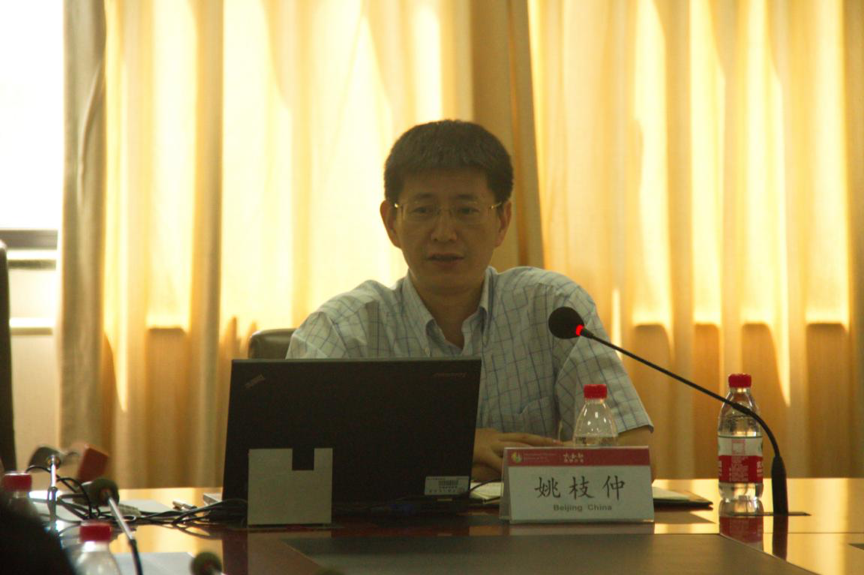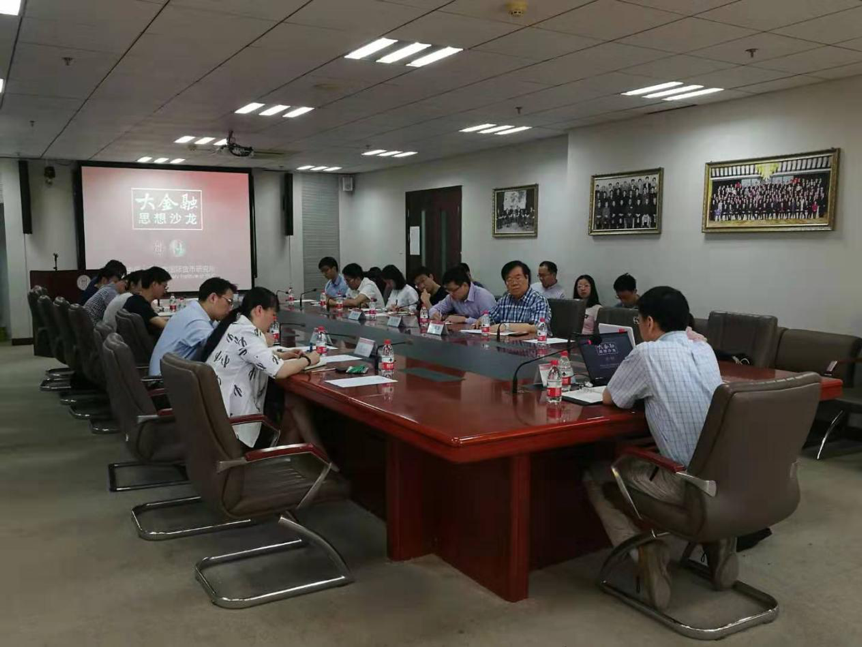Macro-Finance Salon (No. 125): The Evolution of China-US Trade War
2019-06-30 IMI In the discussion, Wei Benhua believes that the solution to the problem should allow the international community to have a correct understanding of the trade surplus and deficit between China and the United States. This is originally an economic issue, and the US has unprincipled expansion into the field of science and technology. Even in the field of national security, this does not comply with the rules of international trade. Therefore, we need to adhere to and emphasize the principle of multilateralism. We should return to the WTO system or negotiate a solution to a regional trade agreement. Later, from the perspective of international political economy, Di Dongsheng talked about his views on the US medical reform and inheritance tax.
In the discussion, Wei Benhua believes that the solution to the problem should allow the international community to have a correct understanding of the trade surplus and deficit between China and the United States. This is originally an economic issue, and the US has unprincipled expansion into the field of science and technology. Even in the field of national security, this does not comply with the rules of international trade. Therefore, we need to adhere to and emphasize the principle of multilateralism. We should return to the WTO system or negotiate a solution to a regional trade agreement. Later, from the perspective of international political economy, Di Dongsheng talked about his views on the US medical reform and inheritance tax.

